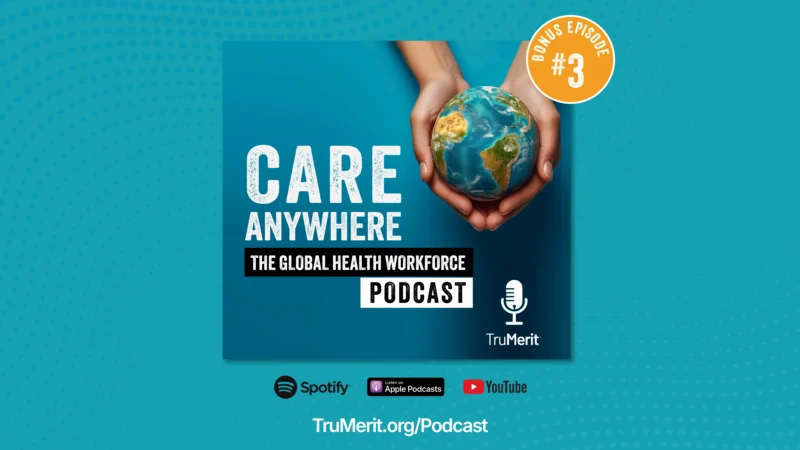How Community-Based Hospitals Can Remain Independent and Continue to Serve
If you feel like there are fewer community hospitals today than there used to be, it’s not just your imagination. Statistics show that in 1975 there were 7,156 hospitals in the U.S.; today that number has fallen to under 5,600 facilities. While the American Hospital Association classifies 4,840 of these as community hospitals, many may still be affiliated with a larger network or system. Very few community hospitals are true standalone, independent facilities. Which begs the question, in an increasingly volatile healthcare marketplace, is further decline in the number of hospitals imminent, and are those standalone independents at risk of becoming obsolete? Let’s take a look.
Community hospitals have a deep connection with the regions they serve. Local businesspeople sit on the board, the hospital CEO speaks regularly at the Chamber of Commerce, and the hospital is the hub of healthcare services in the surrounding area. An academic medical center can serve an entire region, and a healthcare network can blanket many states, but a true community hospital is firmly committed to the locality it serves. A well-functioning community hospital epitomizes patient-centered care and commands patient loyalty by fostering a partnership with its physicians.
But without some important changes, these community hospitals are in danger of disappearing. Paul H. Keckley, PhD notes in his Keckley Report that inpatient care is shrinking at the same time competition in outpatient services is intensifying. Clinical innovations are driving up annual costs for drugs, technologies, and devices used in hospitals at a higher rate than the reimbursement by payers. Essential safety net and public health programs, such as Medicare and Medicaid, are cutting their rates at the very same time demand for services is increasing – especially among the neediest in small, rural communities.
It’s clear that standalone community hospitals will continue to face a number of challenges in the years ahead. However, they often don’t have the in-house resources that a larger system or network might have to help them adapt to the changing circumstances and environment. Fortunately, there are innovative ways for them to stay independent and remain a vibrant part of their community. One of the best moves they can make is to partner with like-minded facilities through a collaborative organization like TPC.
TPC provides the framework for independent, community-based hospitals to achieve system value through standardization, utilization, and pricing strategies that optimize operational, financial, and clinical performance. Through our unique collaborative model, TPC Members realize results that are typically only achieved by large health systems. We maintain strong partnerships and develop innovative solutions that allow our Members to leverage economies of scale to help control costs and increase value within Supply Chain, Purchased Services and Revenue Cycle – ultimately driving down the cost of healthcare for patients.
While many uncertainties will continue to plague the healthcare industry, providers do have opportunities to work together to combat threats and remain successful. By becoming a TPC Member and collaborating with similar organizations, community-based hospitals do not have to become obsolete, but can continue to thrive for years to come.
Stronger Together. Superior Results.
Learn more about becoming a TPC Member at http://www.tpc1.com/members.
Read more at tpc1.com









